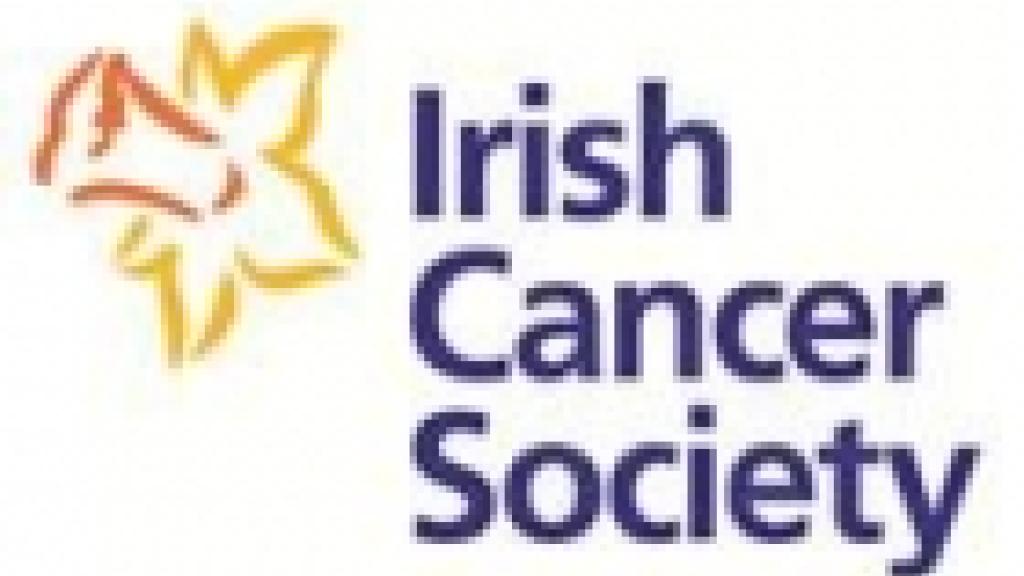
More People Surviving Cancer as Rates Continue to Rise
The Irish Cancer Society has welcomed the continued increase in cancer survival rates as highlighted in the National Cancer Registry of Ireland’s (NCRI) Annual Report for 2014. Over 122,000 people are living after cancer in Ireland and of these, 94,000 are still living ten years after first being diagnosed.
Cancer incidence rates in Ireland remain high, with 2012 rates 10% higher on average than those in Europe for men and 16% higher in women.
Rates continue to increase at about 1% per year and cancer remains the second most common cause of death in Ireland with 8,800 people dying each year.
However, mortality rates are slowly falling across most cancer types.
Donal Buggy, Head of Services at the Irish Cancer Society said “Despite the good news in terms of survival, the incidence of cancer in Ireland is consistently higher than the European average. However, we are seeing improvements in early detection rates for some cancers and a decline in incidence rates in stomach cancer and in lung cancer in men. Highlighting that 50% of cancers can be prevented through stopping smoking, being safe in the sun and living a healthy lifestyle is key to reducing those rates and is a main focus of the Irish Cancer Society’s work.
“We also want to ensure that those who are surviving cancer are living well afterwards. The longer-term needs of the increasing numbers of cancer survivors will challenge the health service in the years to come. The transition from cancer patient to cancer survivor can be difficult for those on a cancer journey. While many people adapt well, others experience problems in adjusting to life after a cancer diagnosis. Many survivors will still require medical care and some will have ongoing financial or rehabilitation needs. Access to information and support to deal with issues such as fear of the cancer coming back, financial strain and long term side effects of treatment is vital,” he continued.
“Ireland’s current cancer strategy has been successful in its focus on the diagnosis and treatment of cancer and the rollout of screening programmes in particular. The next Strategy, due in 2016, must incorporate meeting needs of the growing number of cancer survivors. This will be our demand. While this will be challenging, it is exactly the kind of challenge we are eager to take on, as we journey towards a future without cancer,” he concluded.
